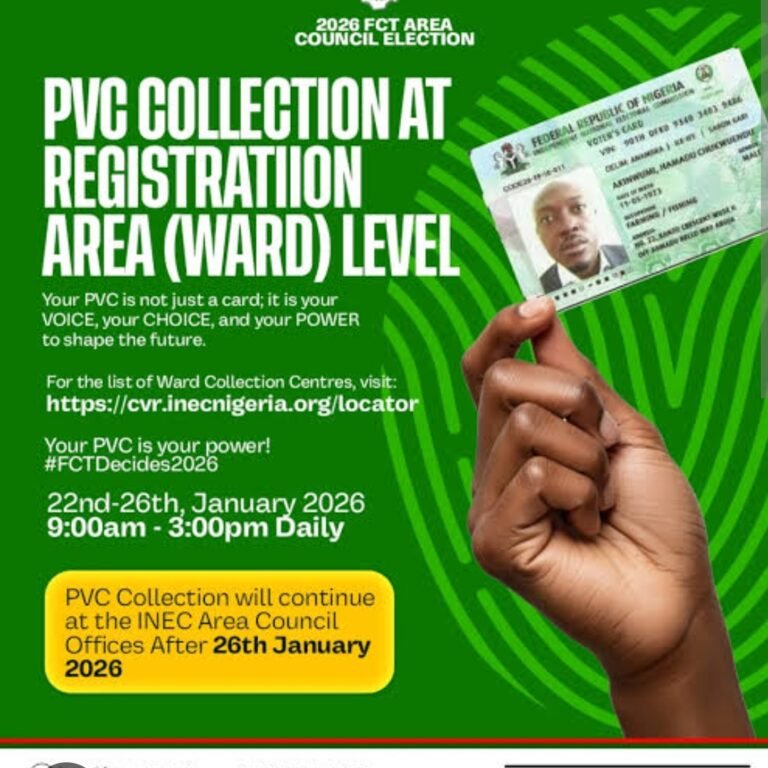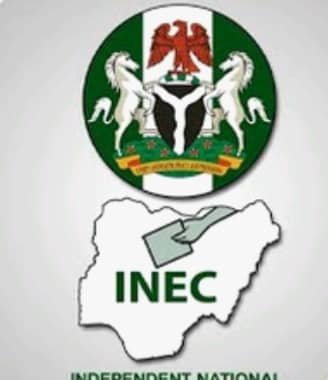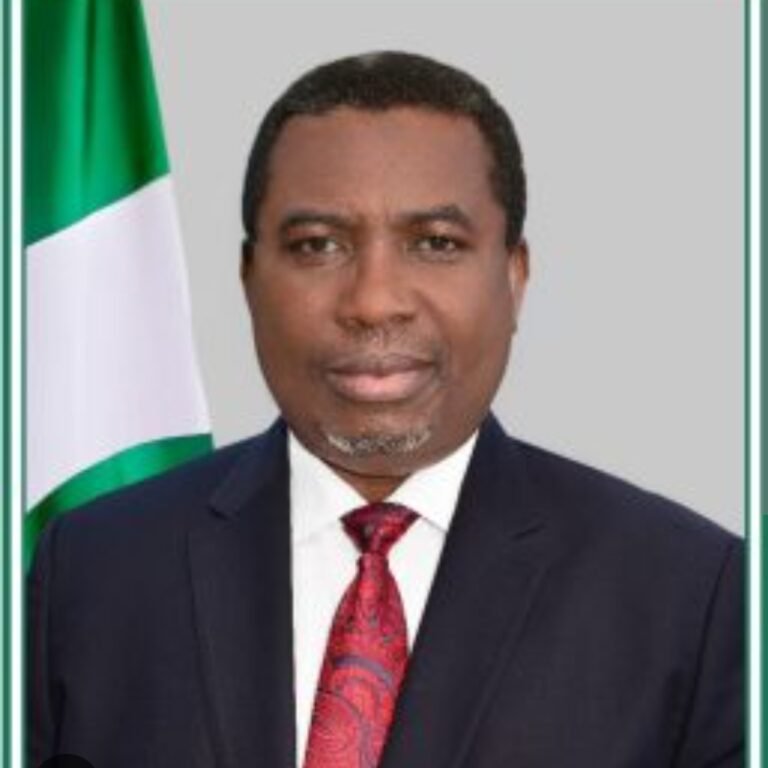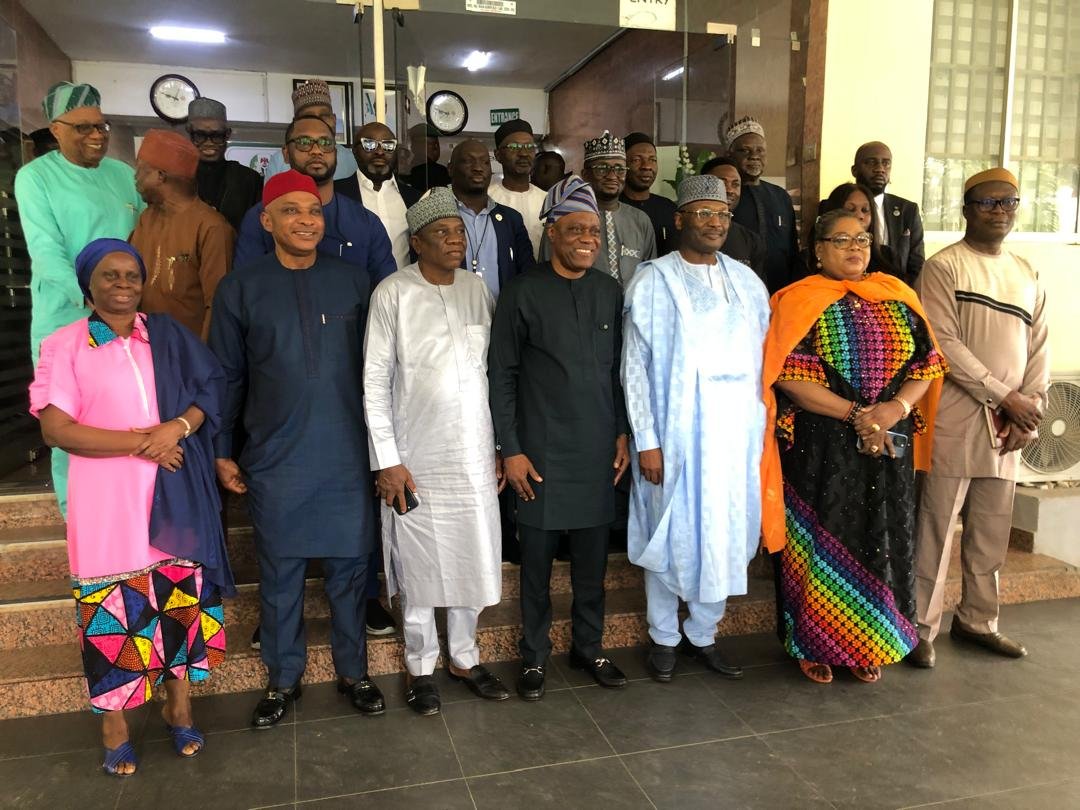
By Ameh Gabriel
The Independent National Electoral Commission (INEC) and the National Bureau of Statistics (NBS) have agreed to collaborate on a strategic partnership aimed at strengthening Nigeria’s data ecosystem for democracy and national development.
INEC Chairman, Prof. Mahmood Yakubu, gave the assurance when he received the Statistician-General of the Federation, Prince Adeyemi Adeniran, and his management team during a courtesy visit to the Commission’s headquarters in Abuja on Tuesday.
Prof. Yakubu described the engagement the first of its kind between both agencies as a milestone in harnessing institutional strengths for collective good. While NBS manages the nation’s most comprehensive database across all sectors, he noted, INEC maintains the largest legally protected database of adult citizens, built for elections but valuable for wider governance.
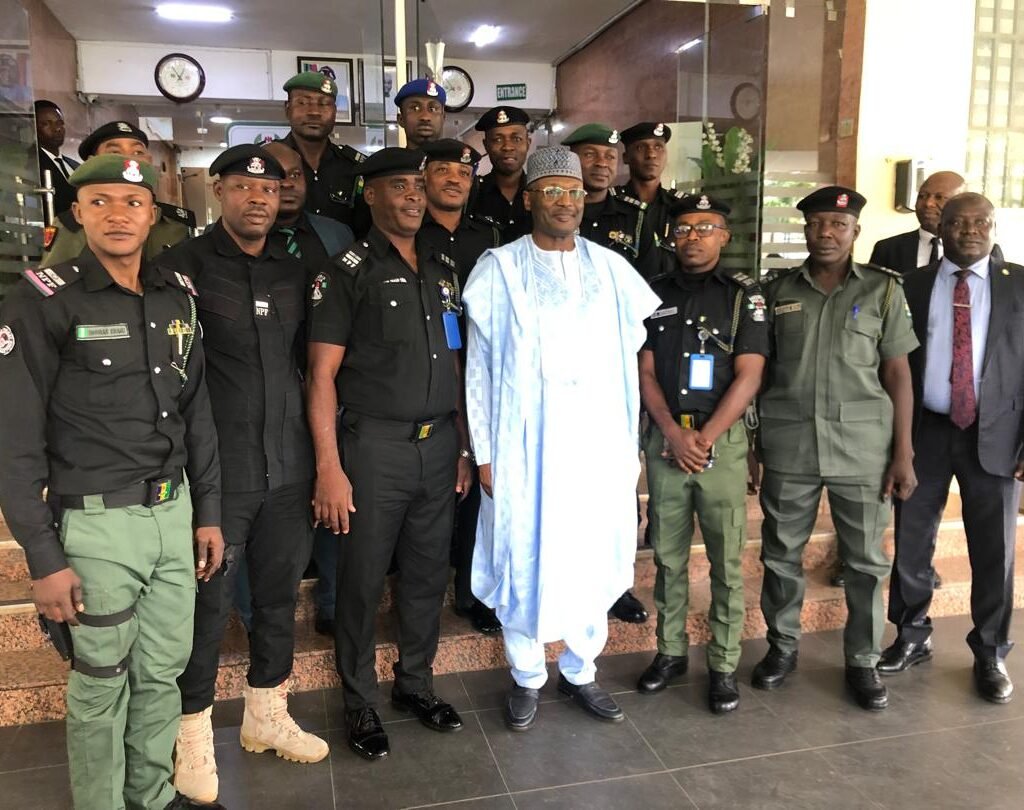
“Today’s meeting explores how NBS can leverage INEC’s nationwide network of electoral facilities for the benefit of citizens beyond elections, which take place only once every four years,” Yakubu explained. “INEC has always been open to partnerships with national institutions, within the law, while maintaining our independence.”
The INEC Chairman cited past cooperation with other agencies, including during the COVID-19 pandemic when the Commission deployed vehicles for surveillance and prevention. He urged NBS to also incorporate the condition of public facilities used as polling units and collation centres into national reports, especially their electricity supply, water access, and accessibility for persons with disabilities.
Yakubu further encouraged stakeholders to explore INEC’s Atlas of Electoral Constituencies and Electoral Facilities Locator (EFLoc), both available online, as reliable tools for planning and mapping electoral infrastructure.
Responding, Prince Adeyemi Adeniran praised INEC’s diligence and transparency, describing the Commission as indispensable to Nigeria’s democratic journey. He underscored the importance of reliable data in governance and disclosed that NBS is developing an Integrated System of Administrative Statistics (ISATS) to harmonize methodologies, reduce duplication, and enable real-time data sharing across agencies.
“This collaboration will allow INEC’s data to form part of the national statistical architecture, while also giving INEC access to critical datasets from other MDAs for planning and operational purposes,” the Statistician-General said.
Both institutions pledged to sustain the partnership, guided by their mandates, with a shared commitment to building a stronger, integrated data system for Nigeria’s democracy and development.
CVR Update: Over 288,000 Registrations Completed as Youth and Women Lead Participation
The Independent National Electoral Commission (INEC) has reported significant progress in its nationwide Continuous Voter Registration (CVR) exercise, with 288,614 Nigerians completing their registration as of Thursday, September 4, 2025.
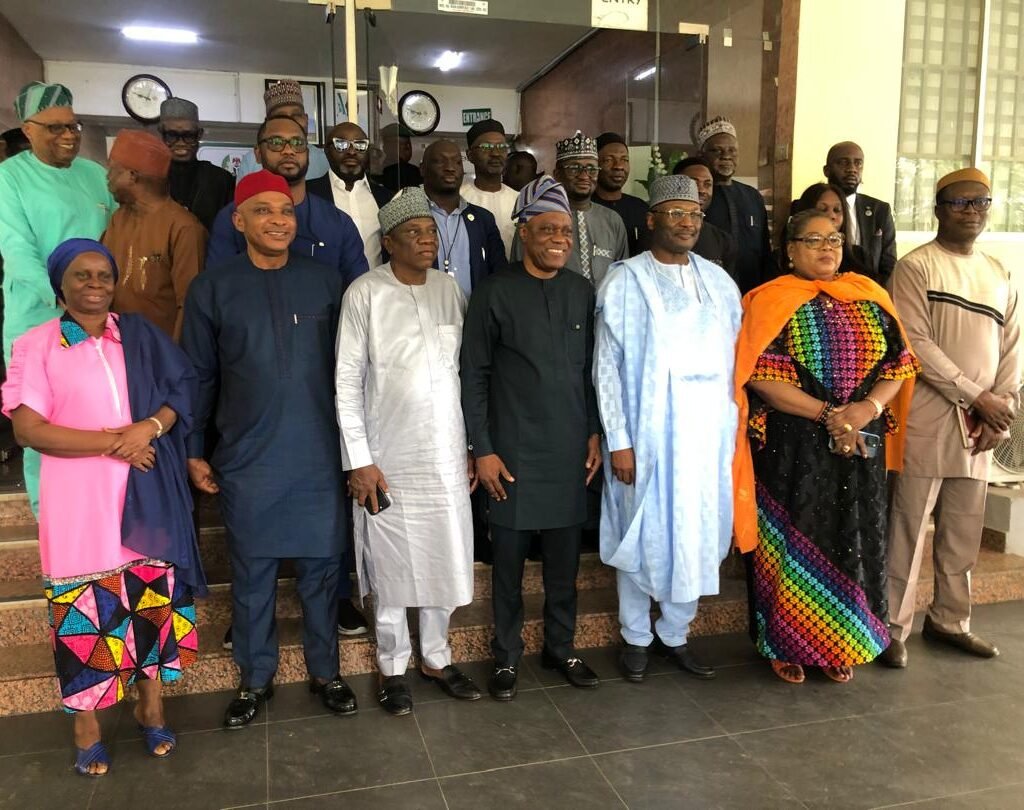
According to Sam Olumekun, mni, National Commissioner and Chairman of the Information and Voter Education Committee (IVEC), the figures highlight strong engagement by women, youths, and students across the country.
Of the total registrations, 155,980 (54.04%) are female, while 132,634 (45.96%) are male. By age group, 215,414 (74.64%) fall within 18–34 years, confirming the dominant role of young Nigerians in the process. Students also accounted for 114,150 (39.55%), underscoring the strong turnout from tertiary institutions.
On the online pre-registration portal, launched on August 18, cumulative entries have surged to 3,544,850 in just three weeks. The breakdown shows 1,834,917 (51.76%) female and 1,709,933 (48.24%) male, with youths aged 18–34 constituting 2,291,809 (64.65%) and students 882,441 (24.89%).
Mr. Olumekun explained that the Commission has consolidated its reporting format into a single graphic for easier tracking, with state-by-state breakdowns of gender, age, occupation, and disability available on INEC’s website.
He expressed appreciation to citizens and civil society groups for sustaining voter mobilisation but issued a strong warning against underage registration.
“Voter registration is strictly for citizens who are 18 years or older at the time of registration. It is illegal to encourage underage persons to register on the assumption that they will attain voting age by 2027,” he cautioned.
With three weeks of online registration and two weeks of physical registration completed, INEC said momentum is growing, especially among women and young Nigerians. The Commission urged all eligible citizens to take advantage of the opportunity, stressing that broad voter participation is central to credible elections.


